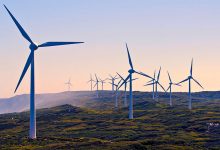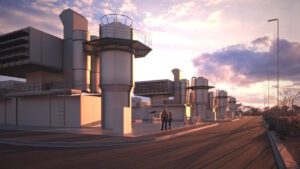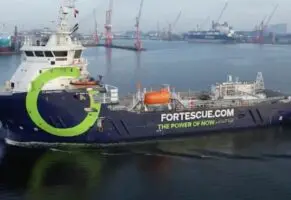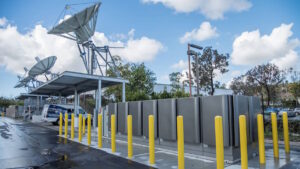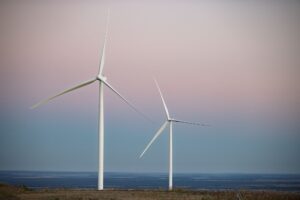German utility company Uniper has dropped plans for an import terminal for liquefied natural gas (LNG) in the German port of Wilhelmshaven and now plans to build a green hydrogen hub at the site.
“A market test to show binding interest proved that there is currently not enough interest in the LNG sector in terms of booking large, long-term capacities for LNG regasification in Germany,” the company said in a press release.
It is now working on a feasibility study for a hydrogen hub, including an import terminal for green ammonia and a 410 megawatt electrolysis plant.
In total, the Wilhelmshaven hub “would be capable of supplying around 295,000 metric tons or 10 percent of the demand expected for the whole of Germany in 2030,” the company said.
“The generated climate friendly hydrogen will primarily be used to supply local industry, but it will also be possible to feed it into the national hydrogen network.” The company said Germany plans to generate 14 terawatt-hours (TWh) of green hydrogen in 2030, but that demand for that year is forecast to be 90-100 TWh.
NGO Environmental Action Germany (DUH) welcomed the end of Uniper‘s plans for an LNG terminal because its “operation would have involved the import of fracking gas, which is particularly damaging to the climate and the environment.”
It said the company’s decision put a big question mark over other LNG terminals currently planned in the towns of Brunsbüttel and Stade. “The operators in Brunsbüttel and Stade must now ask themselves how they can still continue their planning in the face of this wake-up call,” said DUH head Sascha Müller-Kraenner.
Note: Another German utility RWE announced last week it was teaming up with Australian company H2U to import green hydrogen through the Brunsbüttel port, although it is not clear if this will replace or be additional to a planned LNG import terminal.
Clean Energy Wire. Reproduced with permission.

